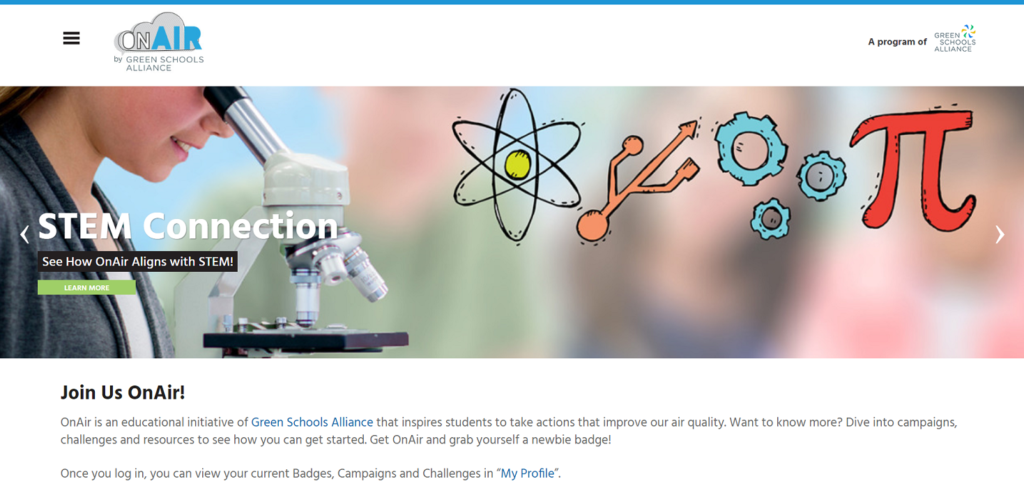In 2019, the Boston community emitted 6.2 million metric tons of greenhouse gases (GHGs) from energy use in buildings and transportation.
This is nearly a 2% decrease from 2018, when Boston emitted 6.4 million metric tons. Emissions from transportation comprise 30% (1.9 MtCO2e).
CITY OF BOSTON TRANSPORTATION RESOURCES
Accessible and equitable transportation are crucial links for ensuring all Bostonians can reach jobs, education, health care, affordable housing, healthy food, culture, and open space opportunities. Boston continues to rise to the challenge of balancing our historic landscape with the need to adapt and evolve to meet our changing mobility needs. Public transportation, walking, biking, carpooling, car-sharing, and ride-sharing are all pieces of the puzzle that will help Boston meet its climate and sustainability goals, while supporting transportation that serves all Bostonians.
DISTRICT HIGHLIGHTS
- Boston Public Schools is an active participant in the Boston Safe Routes to School (SRTS) Task Force, promoting Walk to School Day events throughout the year, piloting Walking School Bus programs, and improving arrival and dismissal operations to improve safety and efficiency.
- An estimated 115 BPS school building sites/campuses have bike racks, and bike racks are incorporated into all new BPS school building designs.
- Beginning SY19-20, all BPS students in grades 7-12, with an option to opt in for 6th grade, received free “M7” MBTA passes to ride the subways, buses, and certain Commuter Rail lines. Beginning SY22-23, students assigned door-to-door transportation through an IEP or 504 plan were concurrently assigned MBTA passes to support students gaining independence using public transportation and, long term, increase using public transportation options. An estimated 35,000 students have MBTA passes.
- BPS follows an anti-idling policy of no idling of buses or other motor vehicles on school property per MGL Chapter 90, Section 16A.
- As of 2015, the entirety of the BPS fleet ran on diesel fuel. BPS Transportation began turning its fleet over to greener fuel in 2016. As of January 2023, 57% of BPS’ active bus fleet runs on propane. By the end of February 2023, 67% of the fleet will be either propane or electric as BPS Transportation receives and deploys 72 new vehicles, decommissioning many diesel vehicles in the process. BPS plans to continue transitioning to a fully electric fleet by 2030. As of SY22-23, BPS Transportation will only purchase electric buses when buying new buses, instead of diesel or propane, to address the carbon emissions and health impacts of fossil fuels. BPS has deployed its first 20 new electric school buses.
- One of BPS’ three bus yards’ electrical generation is supported with solar panel arrays. BPS plans to bring renewable energy generation and electric charging capabilities to all BPS bus yards. An estimated 21,000 students ride the BPS buses.
Transportation, Air Quality, & Health Activities
BENEFITS TO STUDENTS:
- More Physical Activity and improved fitness
- Improved academic performance
- Better social, emotional, and physical health
- Greater independence
- Lifelong skills and habits
BENEFITS FOR ALL:
- Safer walking and biking environments
- Less traffic congestion
- Improved air quality
- Cost savings
- Improved family and community engagement
TAKE ACTION WITH SAFE ROUTES TO SCHOOLS
CONTACT US
Facilities Management
1216 Dorchester Ave.
Boston, MA 02125
617-635-9576








